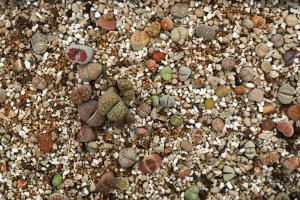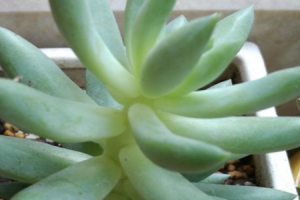Can you plant public trees on private property?
Public trees are an essential part of any community's infrastructure. They enhance the beauty of the area, provide shade, and improve air quality. While most public trees are planted on public property, sometimes there is a need to plant them on private property. This raises the question: can you plant public trees on private property? The answer is more complicated than a simple "yes" or "no".
Legal considerations
Before planting public trees on private property, it is necessary to consider the legal factors. First of all, you need to check the local bylaws and zoning ordinances to determine whether such planting is allowed. There might be regulations in place outlining which trees can be planted and where they can be planted.
Another legal consideration is the right to access the plant in case of maintenance or removal. In most cases, the municipality has the right to enter private property to care for the tree or remove it if necessary. Property owners need to be aware of this before agreeing to plant public trees on their property.
Benefits of planting public trees on private property
Planting public trees on private property can bring numerous benefits to both the property owner and the community as a whole. By planting public trees on private property, the tree canopy coverage in the area can be increased, leading to a reduction in the urban heat island effect. This can help to combat climate change and make the area more sustainable.
Also, planting public trees on private property can create a sense of community involvement and pride. Property owners who participate in such initiatives can feel like they are contributing to the betterment of the community and may become more invested in their neighborhoods.
Challenges of planting public trees on private property
Despite the potential benefits, planting public trees on private property can present some challenges. For example, the property owner may be hesitant to allow public trees to be planted, as they may be worried about the potential economic impact on their property, such as a lower resale value due to the trees blocking views.
Another challenge is maintenance. Planting public trees on private property requires ongoing care, and it can be challenging to manage. The municipality may take responsibility for initial planting and ongoing maintenance, but it is the property owner's responsibility to monitor the trees and notify the municipality if there is a problem.
Conclusion
In conclusion, planting public trees on private property can bring numerous benefits to the community, but it is important to consider the legal factors and potential challenges before agreeing to such initiatives. With proper planning and communication, planting public trees on private property can be an excellent way to improve the area's sustainability, beauty and sense of community pride.

 how many times do yo...
how many times do yo... how many planted tre...
how many planted tre... how many pine trees ...
how many pine trees ... how many pecan trees...
how many pecan trees... how many plants comp...
how many plants comp... how many plants can ...
how many plants can ... how many plants and ...
how many plants and ... how many pepper plan...
how many pepper plan...































